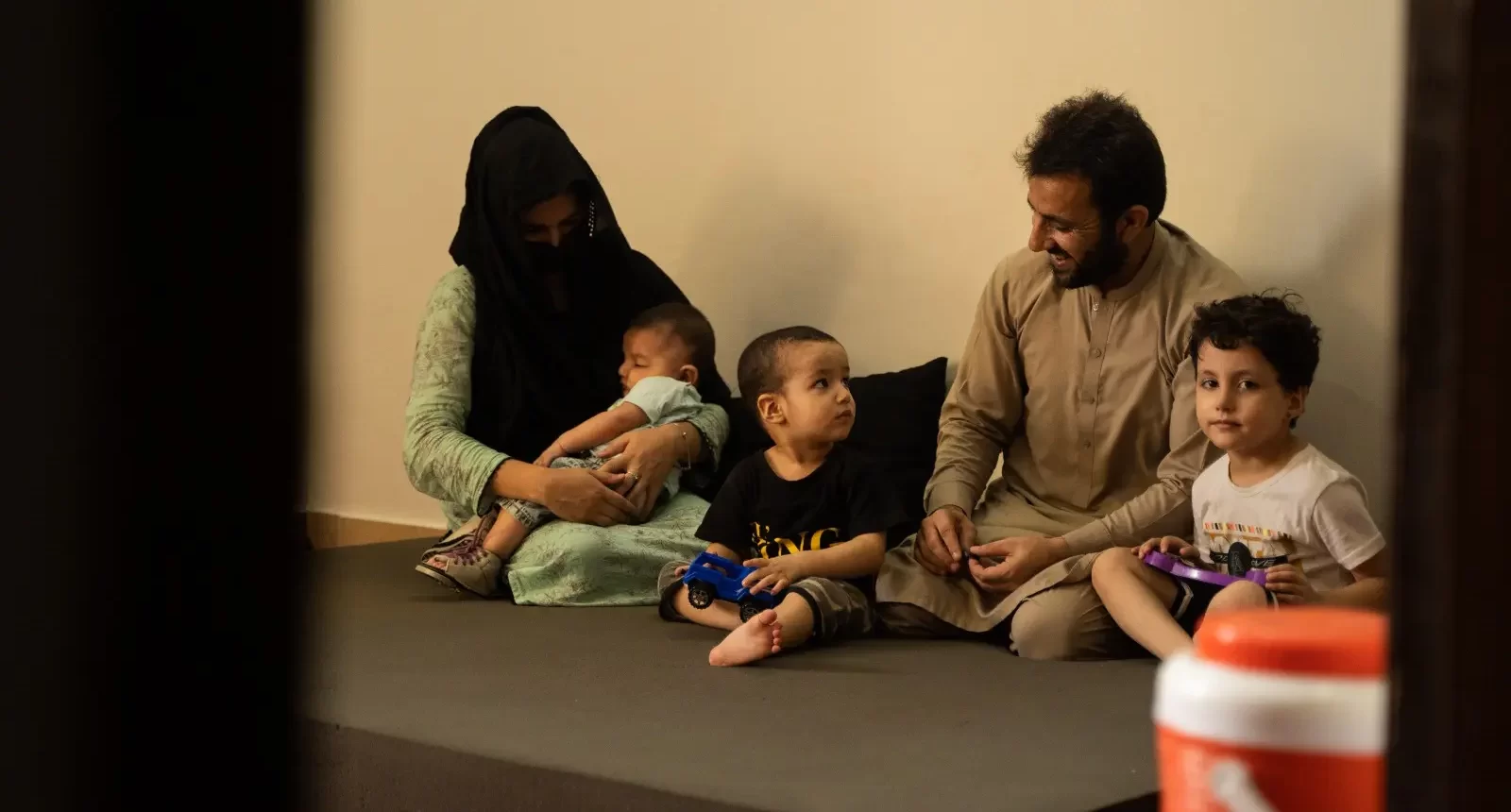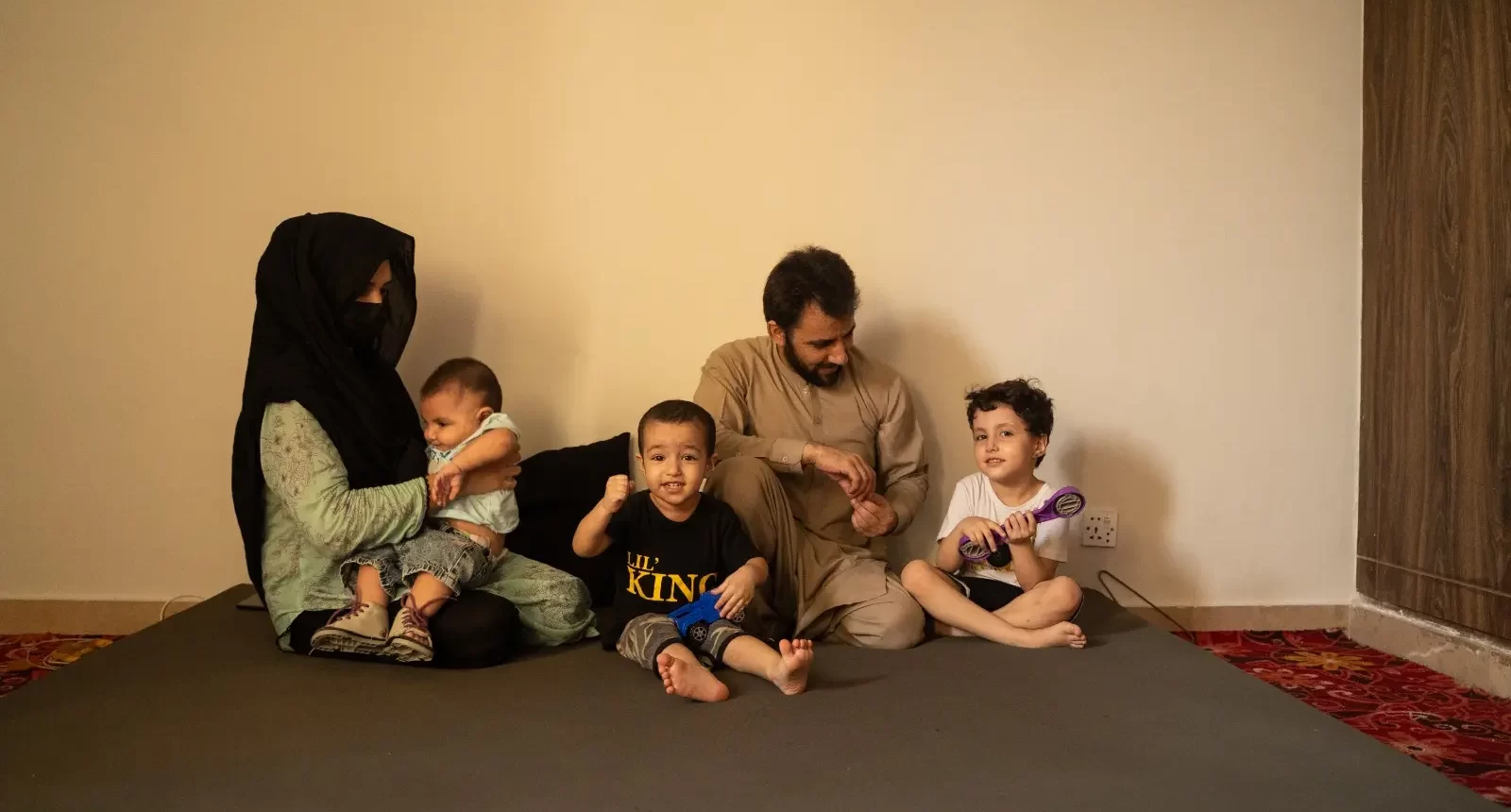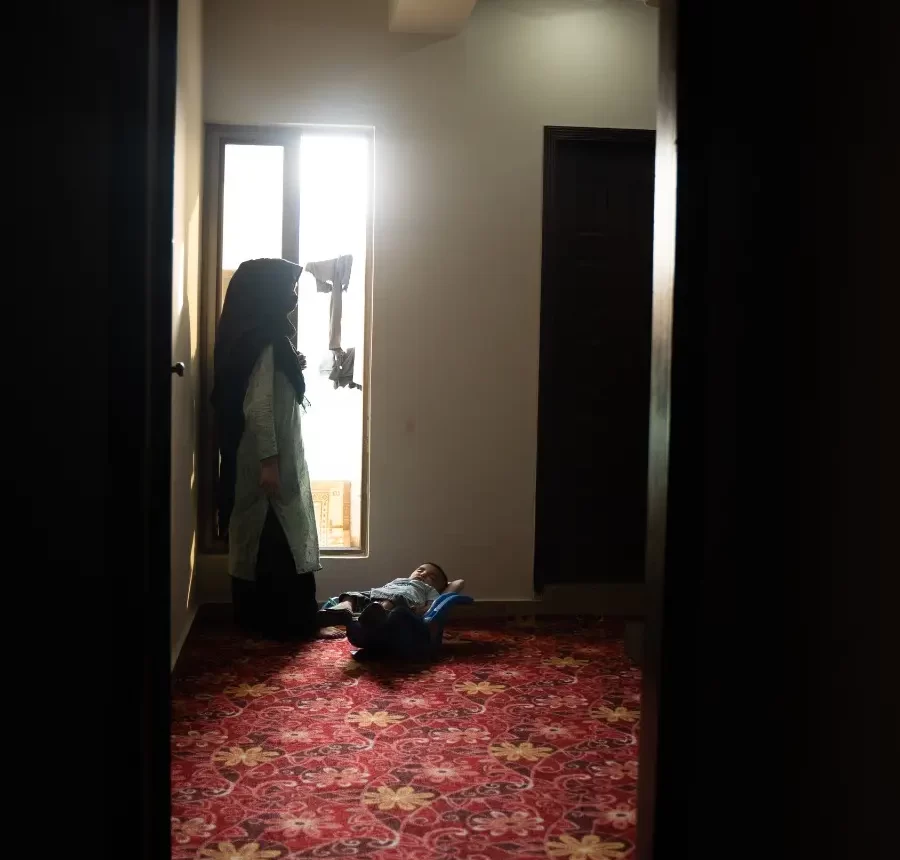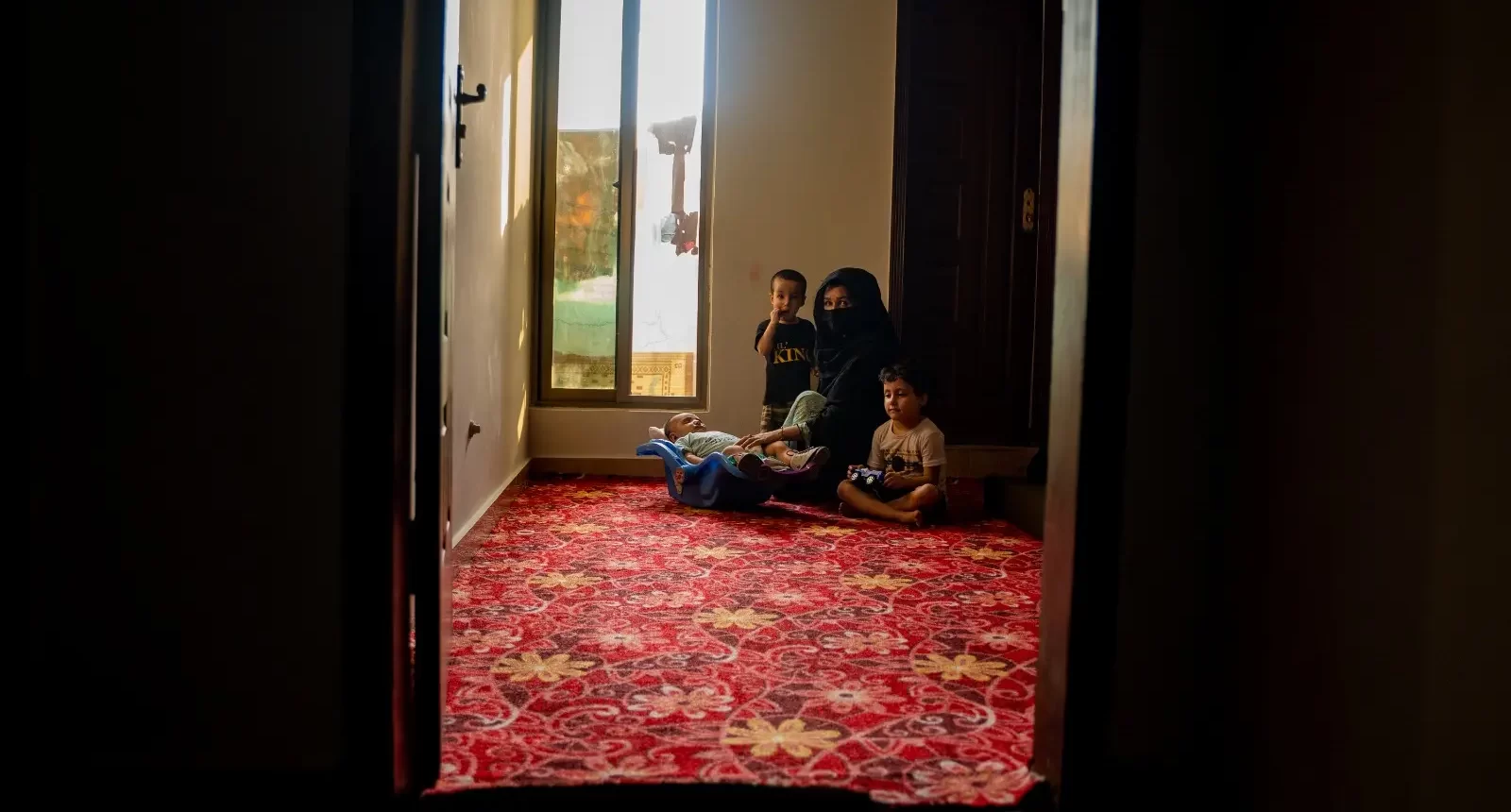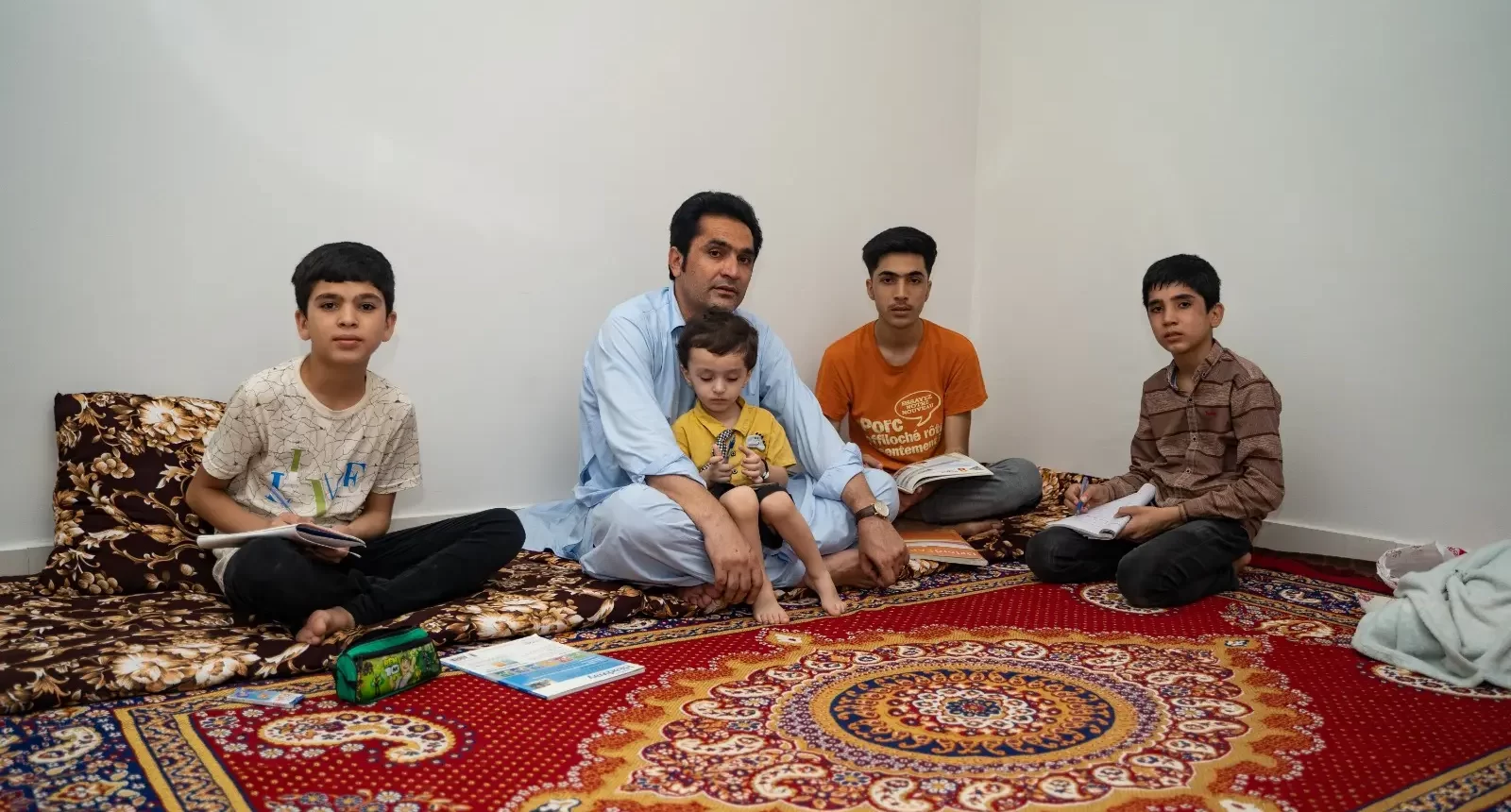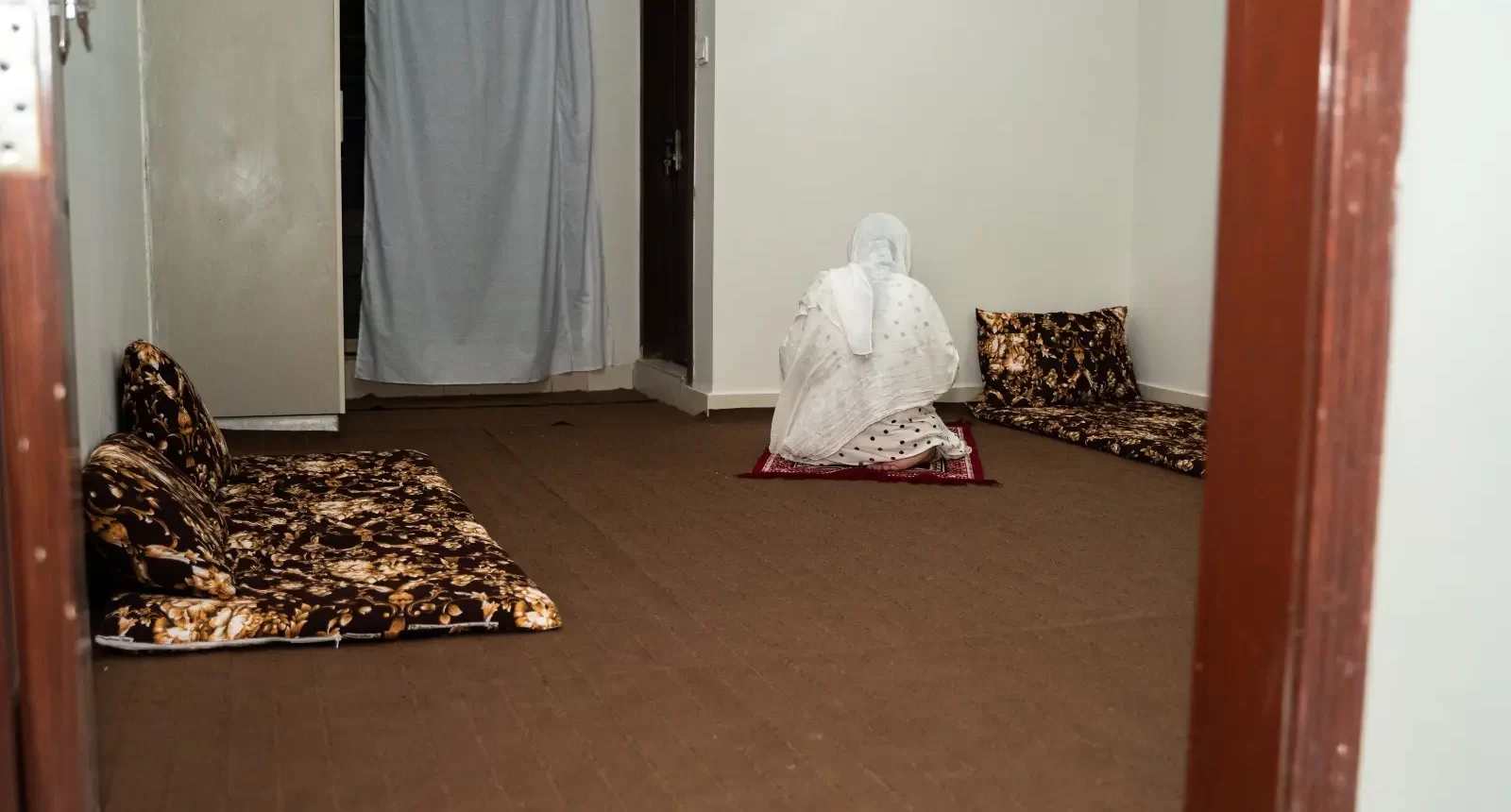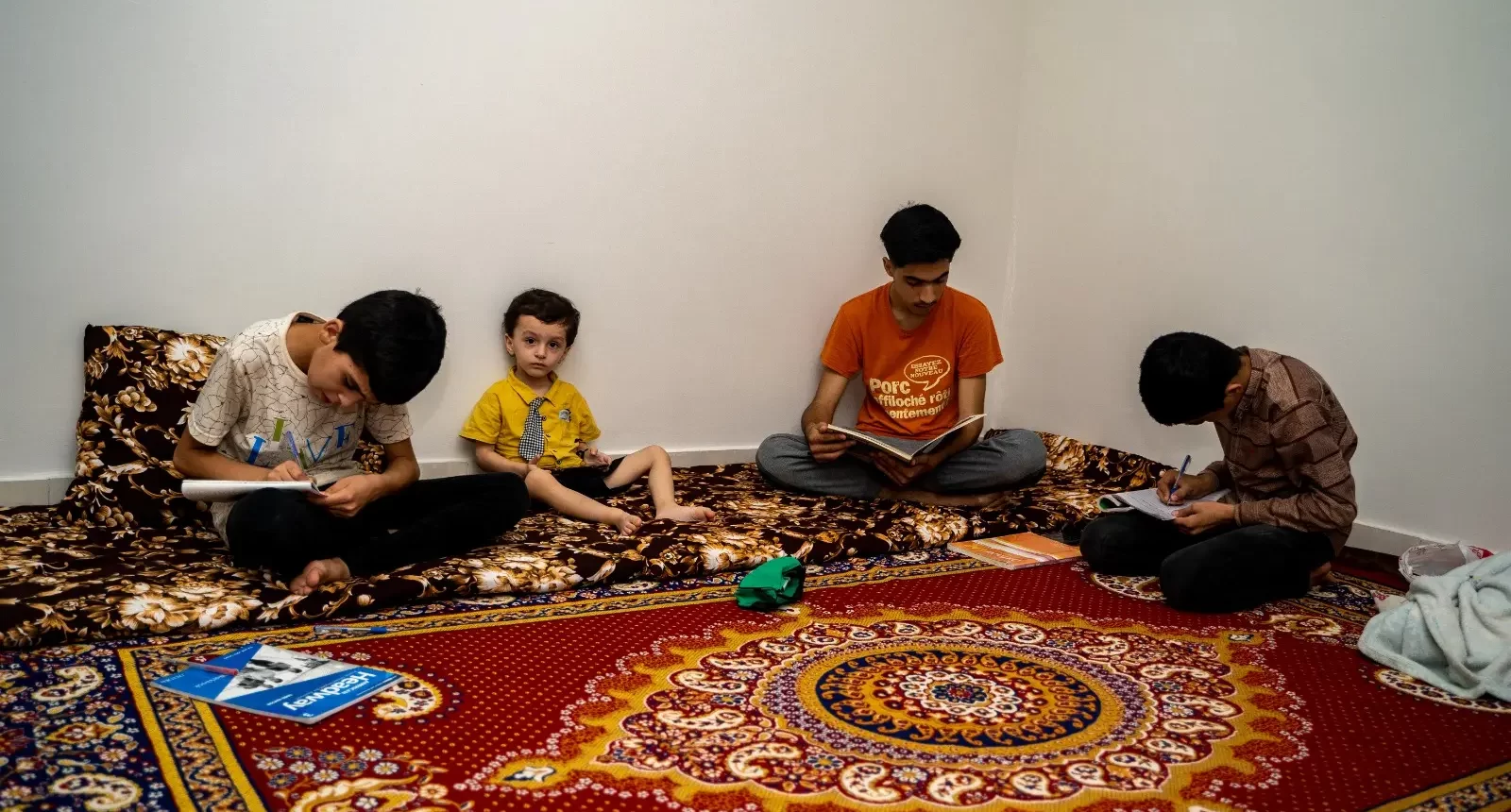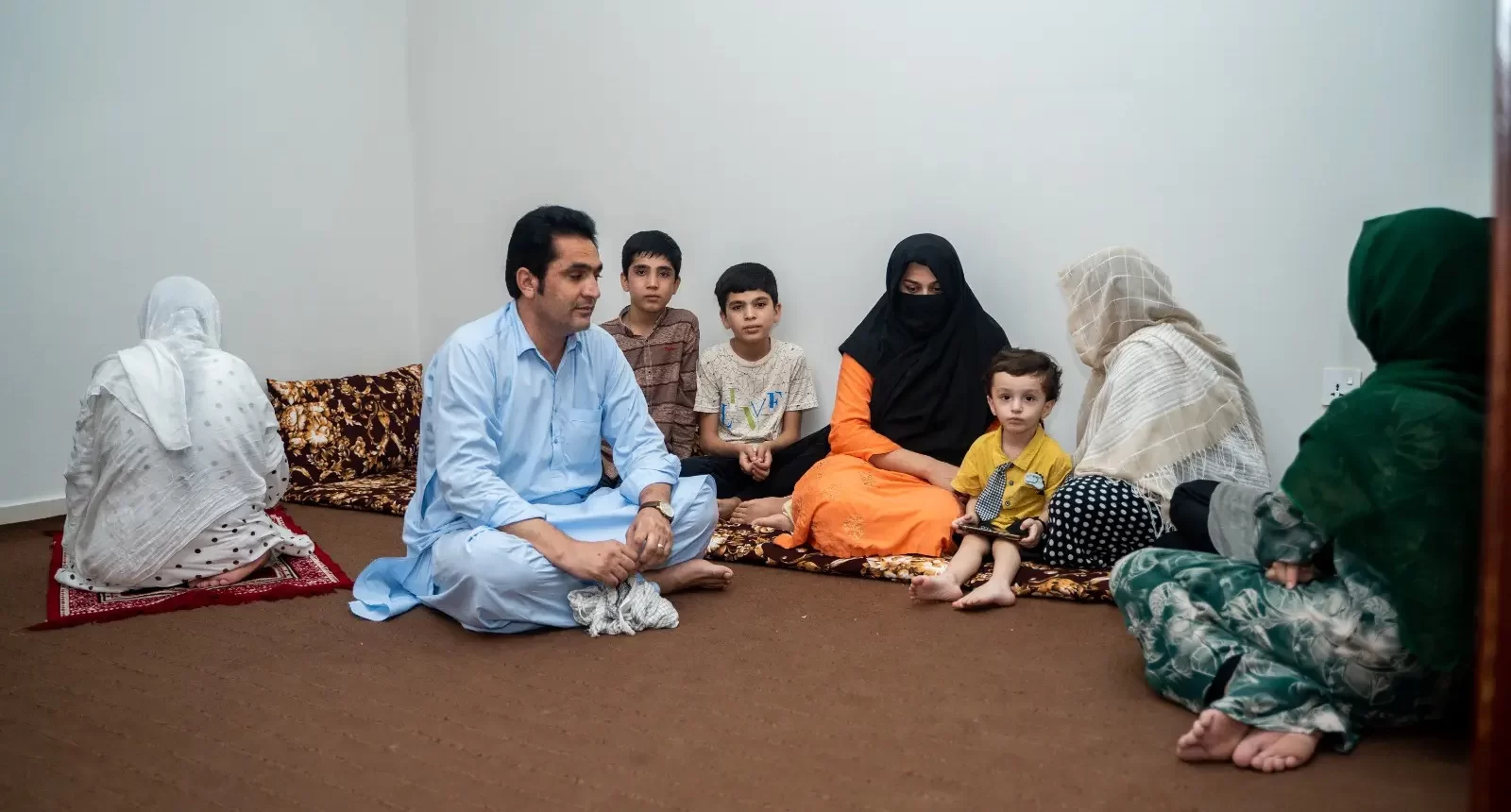Audio Stories
Izzatullah Saleemi – Afghanistan
During the turbulent times, over two million displaced Afghans sought refuge in Pakistan, including 600,000 who fled after the Taliban's resurgence in 2021. This community comprises activists, journalists, and former officials escaping oppressive policies. Izzatullah Saleemi, a journalist for over a decade in Afghanistan, faced danger after being abducted due to his reporting on Taliban’s policies. Fearing for his family's safety, he fled to Pakistan with his pregnant wife and two children to avoid further harm.
Ihsanullah Mahjoor – Afghanistan
Meet Ihsanullah Mahjoor, a brave journalist forced into exile by Taliban threats. Now, he's part of the Afghan displaced community seeking safety in Pakistan. Meanwhile, Pakistan Government push to send undocumented Afghans back, risking the lives of many vulnerable in their country of origin. Listen to Ihsanullah’s full story of displacement here.
Suraiya Saleemi – Afghanistan
Following the Taliban takeover in 2021, Afghan women and girls bore the brunt of the impact. Suraiya Saleemi, one of many affected, witnessed the attack on her male colleagues advocating against child marriages and SRHR. This traumatic event deeply affected her during pregnancy. Listen to her full story here.
Asma – Afghanistan
The Taliban's control greatly affects Afghan women and girls, limiting their opportunities and making life uncertain. Asma, who worked for the Afghan government, faced serious risks under the Taliban. She had to choose refuge in displacement to stay safe.
Photo Stories
Multi Gardens Afghan Community in Islamabad, Pakistan, is home to a number of Afghan displaced families who sought refuge following the Taliban's takeover of Afghanistan in August 2021. This sector, established in 2006, falls within Zone II of Islamabad, bordered by the N-5 National Highway (Grand Trunk Road) to the east and the M-1 Motorway to the west.
The demographic makeup of this community primarily comprises individuals who once held positions within the Afghan government but are now confronted with the perilous implications of Taliban rule. Among them are journalists, human rights activists, employees of international organizations, embassy personnel, and various professionals who found sanctuary in Islamabad due to imminent threats to their safety and professional lives following the Taliban's ascent to power in Afghanistan. Accompanied by their families, these individuals have dispersed across several cities in Pakistan, including Peshawar, Islamabad, Quetta, Karachi, and others.
However, the Afghan displaced population in Multi Gardens grapples with an array of challenges that significantly affect their livelihoods and well-being. One pressing concern revolves around their legal status in Pakistan, as many reside in the country without valid visas or recognized legal standing. In the absence of a designated special visa category for Afghan displaced persons, their presence in Pakistan remains unregulated.
Despite possessing educational qualifications and valuable skills, these individuals are unfortunately unable to secure gainful employment due to legal restrictions. This leads to financial distress and mental health challenges stemming from the lack of stable income sources. It is important to note that a considerable number of Afghan displaced persons initially entered Pakistan on medical visas, rendering them unable to return to their home country given the ongoing threats and risks they face there. Furthermore, some individuals were previously designated as "Missing Persons" and were compelled to flee their homes upon returning due to the persistent dangers they encountered.
As primary breadwinners for their families, these Afghan-displaced individuals grapple with the burden of trauma, mounting debts, and pervasive fear. The weight of their responsibilities and the uncertainty of their circumstances significantly impact their overall quality of life, contributing to heightened levels of anxiety and insecurity.
Despite these challenges, the Afghan displaced community in Multi Gardens has formed a close-knit bond and finds solace in each other's company. The sector is now referred to as "Mini-Afghanistan" due to the presence of this displaced Afghan population. Some among them were human rights activists and journalists in Afghanistan, continuing to advocate for their rights and those of their fellow displaced in Pakistan. However, they persistently face substantial financial and mental health challenges, and their future remains uncertain.
One substantial challenge facing the community is their safety. Many fled Afghanistan due to the threat of violence and persecution by the Taliban, yet they continue to face threats in Pakistan due to their undocumented status, making them vulnerable to deportation. Additionally, some displaced individuals have reported receiving threats from the Taliban even while living in Pakistan. For instance, one woman was threatened by the Taliban after organizing a seminar on early childhood marriages and sexual reproductive health rights. Many of these displaced individuals have experienced trauma and violence in Afghanistan, and the stress of living in a new country with limited resources and support has exacerbated their mental health issues. Furthermore, many are separated from their families and loved ones, leading to feelings of isolation and loneliness. These displaced individuals require support and assistance from both local and international organizations to ensure their safety, well-being, and eventual integration into society.

